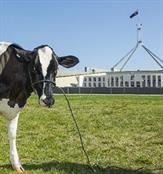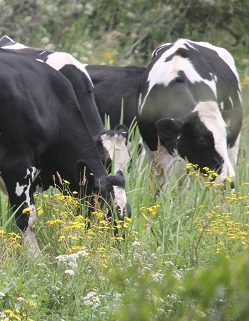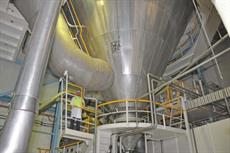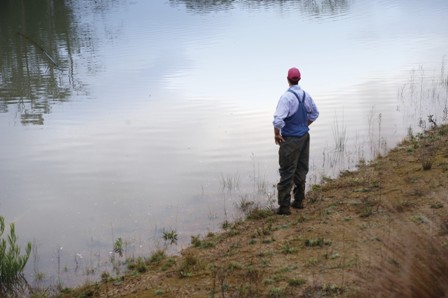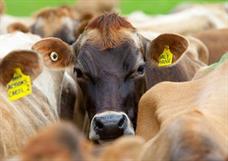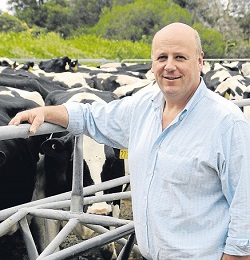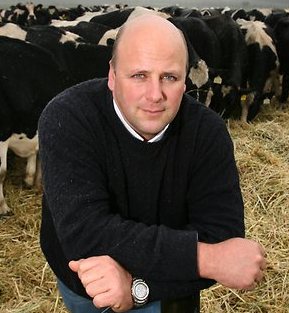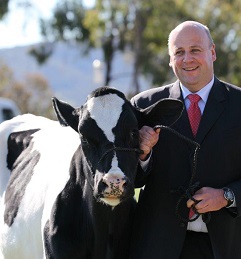On Wednesday,
Australian Dairy Farmers (ADF) were in Canberra to discuss a range of issues with Ministers and Members of Parliament.
Throughout the day, ADF had the opportunity to discuss what is working well within the industry and to discuss what else needs to be done.
Our advocacy and policy work is at the heart of everything we do and is essential to ensuring Australian dairy remains competitive and well aligned for
growth.
These meetings give us the opportunity to pursue important industry policy priorities and to reaffirm relationships with Ministers.
The main issues discussed included:
- The progress on the draft Code of Practice;
- The impact of technical barriers to trade (TBT) on the Australian dairy industry’s international trading opportunities;
- Access to overseas workers to fill our workforce labour gaps;
- Pathways to permanent residency for New Zealand born dairy farmers; and
- Reiterating our support for the Effects Test currently before Federal Parliament.
ADF continues to advocate for policies which will support the industry and we will continue to seek Government support to help drive innovation, which
increases productivity and profitability.
We’re committed to ensuring the voice of the dairy is heard by highlighting the issues to Government and working with them on important reforms.
John McQueen
Interim ADF Chief Executive Officer

